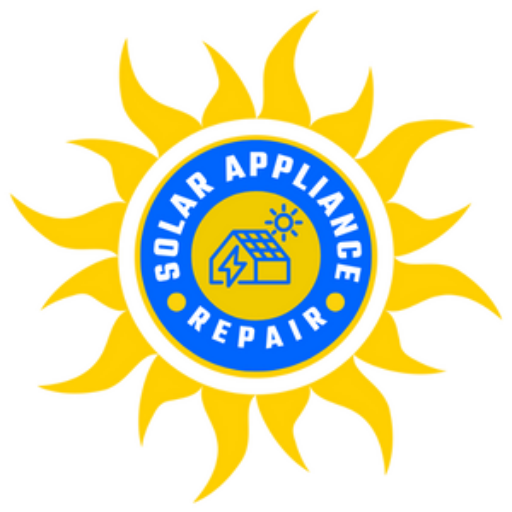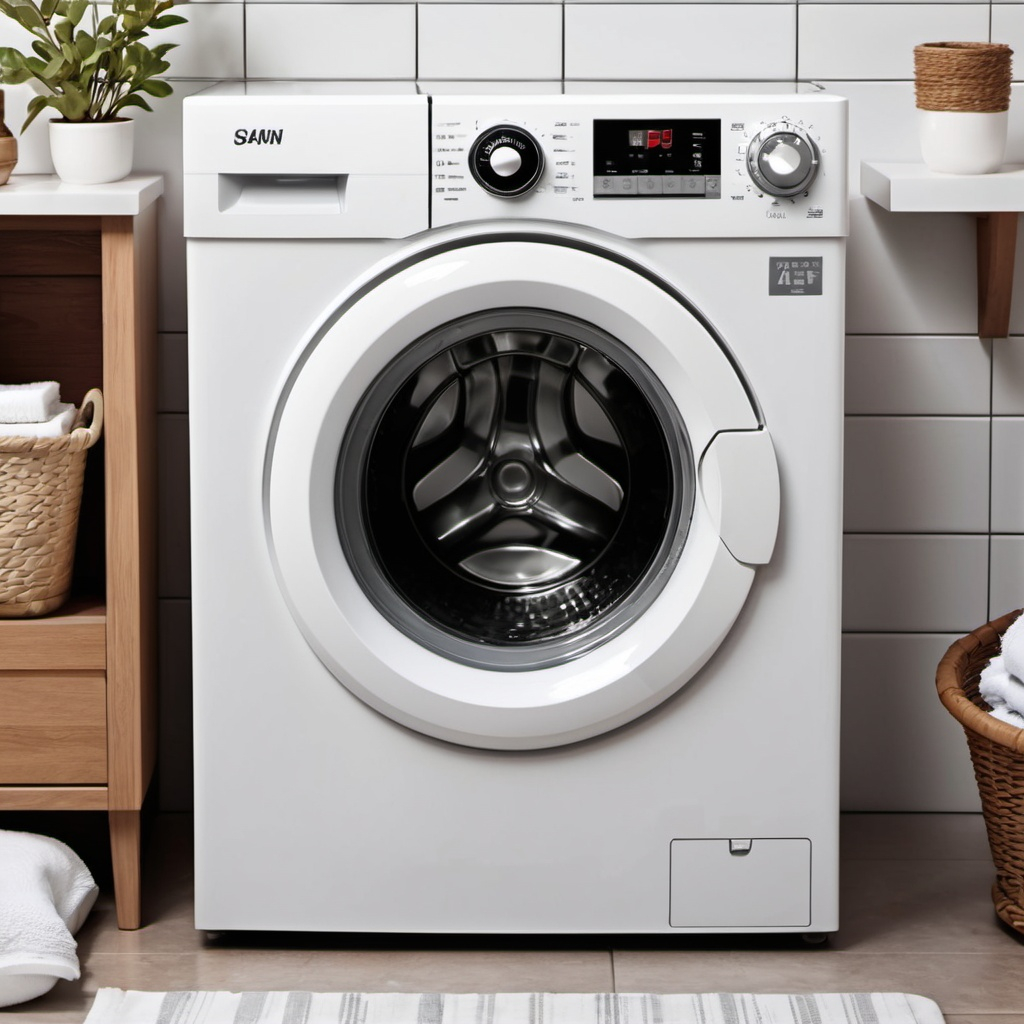Washing machines are one of the most essential appliances in any household, making laundry day significantly easier. However, they are also one of the most commonly broken appliances. If your washing machine is not working properly, there are a few things you can do to troubleshoot the problem and try to fix it yourself. Here’s a comprehensive guide to help you identify and resolve common washing machine issues.
Common Washing Machine Problems
The Washing Machine Won’t Start
If your washing machine won’t start, the problem could be related to several factors. This could include issues with the power supply, door switch, or control board.
The Washing Machine Won’t Fill with Water
A washing machine that won’t fill with water can be frustrating. This issue could be due to problems with the water supply valves, hoses, or the water level pressure switch.
The Washing Machine Won’t Spin
If your washing machine won’t spin, it can leave your clothes soaking wet. This issue could be caused by a faulty motor, transmission, or belt.
The Washing Machine is Leaking
Water leaking from your washing machine can cause significant damage to your home. This problem can be due to a faulty pump, damaged hoses, or issues with the door seals.
The Washing Machine is Making Strange Noises
Unusual noises coming from your washing machine can be alarming. These sounds can be caused by a variety of issues, such as a malfunctioning motor, loose parts, or foreign objects in the drum.
Troubleshooting Tips
Check the Power Cord and Outlet
Ensure that the power cord is plugged in securely and that the outlet is working properly. You can test the outlet by plugging in another device to see if it gets power. If the outlet is not working, check your home’s electrical panel for a tripped circuit breaker.
Check the Water Supply
Make sure that the water supply valves are turned on and that the water hoses are not kinked or clogged. If the hoses are damaged, replace them to ensure a proper water supply to your washing machine.
Check the Drain Hose
Inspect the drain hose to ensure it is not kinked or clogged. A blocked drain hose can prevent the washing machine from draining properly, leading to water leakage. Clear any obstructions and ensure the hose is properly connected.
Check the Door Switch
The door switch is a safety device that prevents the washing machine from starting if the door is not closed properly. If the door switch is faulty, the washing machine will not start. Inspect the door switch for any signs of damage or wear and replace it if necessary.
Check the Water Level Pressure Switch
The water level pressure switch is a device that tells the washing machine how much water to fill with. If the water level pressure switch is faulty, the washing machine may not fill with enough water or may fill with too much water. Test the switch and replace it if it’s not functioning correctly.
Check the Motor and Transmission
The motor and transmission are responsible for spinning the washing machine drum. If the motor or transmission is faulty, the washing machine will not spin. Listen for any unusual noises coming from the motor or transmission and inspect them for any visible signs of damage. If you suspect a motor or transmission issue, consider calling a professional technician.
Check the Pump
The pump is responsible for pumping water out of the washing machine. If the pump is faulty, the washing machine may not drain properly. Inspect the pump for any signs of damage or clogs and clean or replace it as necessary.
Check the Control Board
The control board is the “brain” of the washing machine, controlling all its functions. If the control board is faulty, the washing machine may not work properly at all. Inspect the control board for any visible signs of damage or burnt components. If you suspect a control board issue, it’s best to call a professional technician for a thorough inspection and replacement.
When to Call a Professional
If you have tried all of these troubleshooting tips and your washing machine is still not working properly, it may be time to call a qualified appliance repair technician. A professional can diagnose and fix more complex issues that may be beyond your capability.
Conclusion
A well-functioning washing machine is essential for keeping your laundry routine running smoothly. By understanding and troubleshooting common problems, you can ensure your washing machine remains in good working condition. Regular maintenance and timely repairs can extend the lifespan of your appliance and save you from costly replacements.

